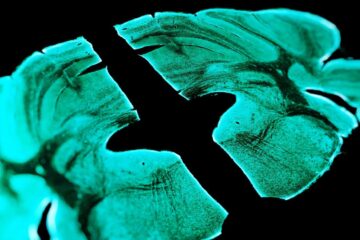Grace Wade in New Scientist:
 A newly identified brain pathway in mice could explain why placebos, or interventions designed to have no therapeutic effect, still relieve pain. Developing drugs that target this pathway may lead to safer alternatives to pain medications like opioids.
A newly identified brain pathway in mice could explain why placebos, or interventions designed to have no therapeutic effect, still relieve pain. Developing drugs that target this pathway may lead to safer alternatives to pain medications like opioids.
If someone unknowingly takes a sugar pill instead of a pain reliever, they still feel better. This placebo effect is a well-known phenomenon in which people’s expectations lessen their symptoms, even without effective treatment. “Our brain, on its own, is sort of able to fix the pain problem based on the expectation that a medication or treatment might work,” says Grégory Scherrer at the University of North Carolina at Chapel Hill.
To understand how the brain does this, Scherrer and his colleagues replicated the placebo effect in 10 mice using a cage with two chambers. One chamber had a burning hot floor, while the other didn’t. After three days, the animals learned to associate the second chamber with pain relief.
More here.
Enjoying the content on 3QD? Help keep us going by donating now.
